Gambling with Armageddon: Nuclear Roulette from Hiroshima to the Cuban Missile Crisis, 1945-1962
In this groundbreaking look at the Cuban Missile Crisis, Martin Sherwin not only gives us a riveting sometimes hour-by-hour explanation of the crisis itself, but also explores the origins, scope, and consequences of the evolving place of nuclear weapons in the post-World War II world. Mining new sources and materials, and going far beyond the scope of earlier works on this critical face-off between the United States and the Soviet Union--triggered when Khrushchev began installing missiles in Cuba at Castro's behest--Sherwin shows how this volatile event was an integral part of the wider Cold War and was a consequence of nuclear arms. Gambling with Armageddon looks in particular at the original debate in the Truman Administration about using the Atomic Bomb; the way in which President Eisenhower relied on the threat of massive retaliation to project U.S. power in the early Cold War era; and how President Kennedy, though unprepared to deal with the Bay of Pigs debacle, came of age during the Cuban Missile Crisis. Here too is a clarifying picture of what was going on in Khrushchev's Soviet Union. Martin Sherwin has spent his career in the study of nuclear weapons and how they have shaped our world. Gambling with Armegeddon is an outstanding capstone to his work thus far.
Speaker
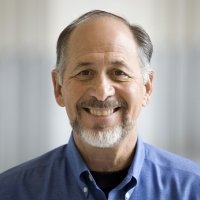
University Professor of History, George Mason University
Moderator
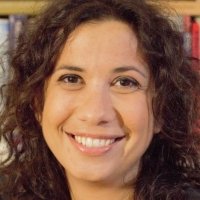
Roma Tre University
Panelists
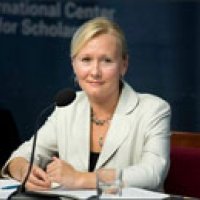
Director of Russia Programs, National Security Archive
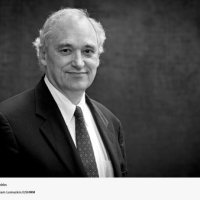
Former Washington Post reporter and author of One Minute to Midnight: Kennedy, Khrushchev, and Castro on the Brink of Nuclear War
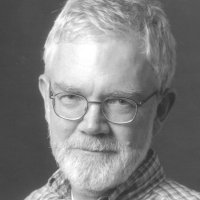
Raymond A. Spruance Professor in International History, Professor of Political Science, and Senior Fellow, Freeman-Spogli Institute for International Studies, Stanford University
Hosted By

Nuclear Proliferation International History Project
The Nuclear Proliferation International History Project is a global network of individuals and institutions engaged in the study of international nuclear history through archival documents, oral history interviews, and other empirical sources. Read more


History and Public Policy Program
A global leader in making key archival records accessible and fostering informed analysis, discussion, and debate on foreign policy, past and present. Read more
